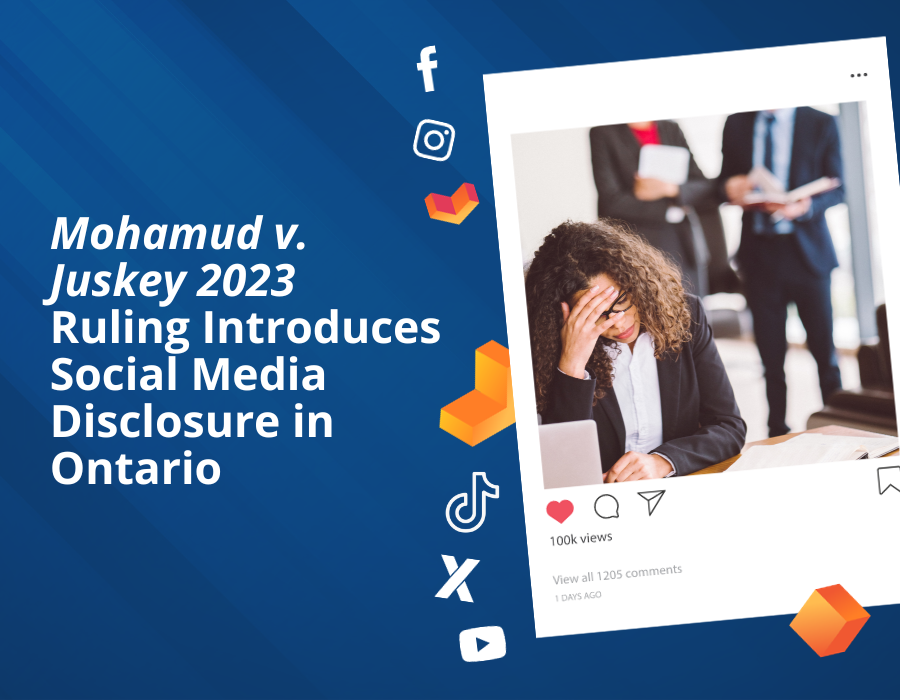
The claimant, Kirsty Williams-Henry, originally sought £2.5 million after a fall that genuinely resulted in a brain injury. However, her subsequent social media activity suggested a level of physical capability that contradicted her claims, leading to a court ruling against her. Williams-Henry was found in social posts to be screaming, singing, and dancing at a Spice Girls reunion concert and travelling on holidays without the use of a walking stick or having any balance issues– both of which differentiated from her claims after a traumatic brain injury.
Mr Justice Ritchie said, “‘On balance, I do not find that it would be a substantial injustice to dismiss the claim. I know it looks like a large sum of money to deprive a genuinely injured person of, but by drafting and passing [section 57], parliament sought to stamp out dishonesty, which is fundamental in personal injury claims, and the claimant has breached this law. The claimant was wholly unrepentant when she gave evidence and had sought, in parallel, to defraud the DWP and L&G insurance about her disabilities.’
Ritchie refers to the rulings of the Criminal Justice and Courts Act 2015.
This case serves as a powerful reminder to legal professionals of the potential impact of social media on personal injury cases. Attorneys must carefully scrutinize the online behaviors and postings of their clients to ensure consistency with the injuries claimed. Social media can offer a window into the claimant’s daily activities and capabilities, which might not be apparent during consultations or medical examinations.
For attorneys, this emphasizes the necessity of a comprehensive review process that includes a deep dive into social media evidence. The insights gleaned can help in formulating a realistic assessment of the case’s strengths and vulnerabilities. Moreover, understanding the narrative being portrayed publicly by a client can guide legal strategies and client advisories to safeguard against claims of dishonesty.
Private Footprint provides a tailored solution for plaintiff attorneys. Our sophisticated software scans and analyzes social media posts, helping attorneys to review their clients’ online presence thoroughly. This tool can be crucial in determining the advisability of pursuing a claim and in preparing a case that accurately reflects the realities of a client’s condition.
Understanding the intricacies of how social media can affect legal outcomes is more critical than ever. By integrating tools like Private Footprint into their practices, attorneys can better navigate the complexities of personal injury claims. To explore more about this case, read the full article here.





























